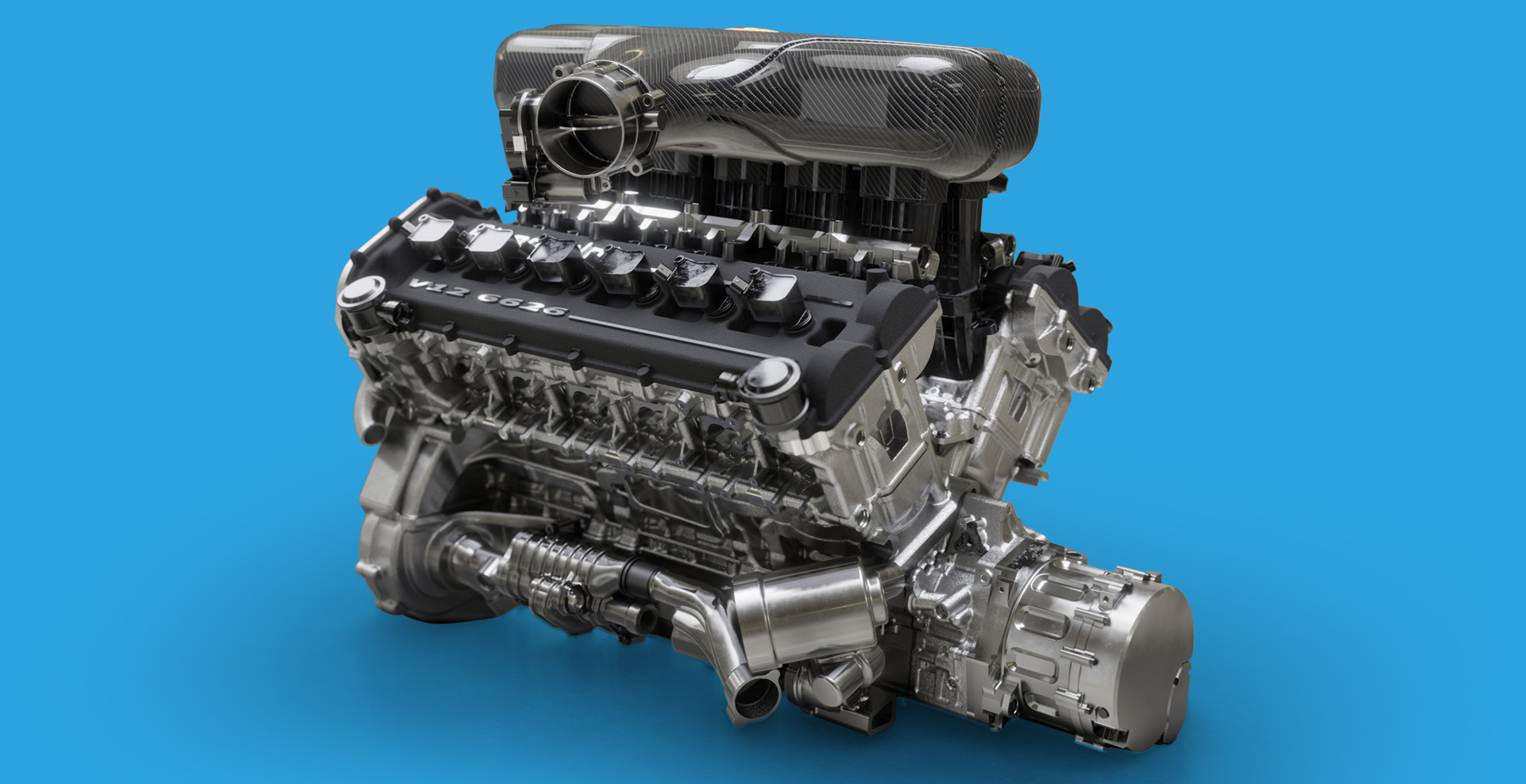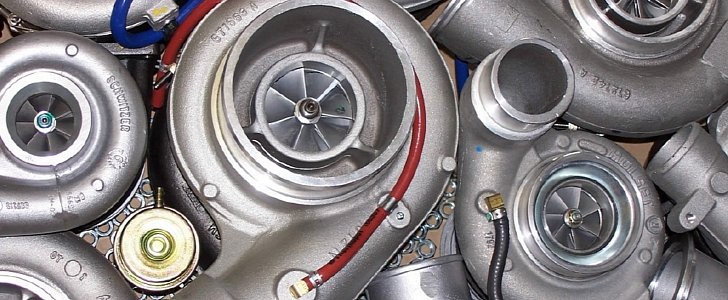Exactly How Engines For Africa Delivers Value and Efficiency
Exactly How Engines For Africa Delivers Value and Efficiency
Blog Article
Explore a Large Range of Engines for Every Car and Function
The automobile landscape is progressively complicated, with a diverse range of engine types developed to meet particular performance and efficiency requirements throughout numerous automobile classifications. From the high-performance engines that power sporting activities cars and trucks to the fuel-efficient choices tailored for daily commuting, the choices are substantial and differed. Furthermore, durable engines serve the needs of job automobiles, while green choices are getting grip in the quest of lasting transportation. Understanding these distinctions is essential for making notified decisions, particularly as emerging modern technologies remain to shape the future of automotive design. What implications might these developments hold for makers and consumers alike?
Kinds of Automotive Engines
Automotive engines can be categorized right into several unique kinds, each developed to fulfill particular efficiency and efficiency demands. One of the most common classifications consist of internal combustion engines, electrical engines, and hybrid systems.

Electric engines, on the various other hand, operate electrical power saved in batteries, offering instantaneous torque and zero exhausts. These engines are becoming progressively preferred because of innovations in battery technology and the growing focus on sustainability.
Crossbreed systems combine both interior burning and electric engines, enabling automobiles to maximize fuel efficiency and minimize exhausts by seamlessly changing in between power sources. Each engine type provides its benefits and negative aspects, influencing aspects such as lorry layout, intended use, and market demand. When selecting the appropriate engine for their specific needs., recognizing these differences is essential for makers and consumers alike.
Performance Engines for Sports Cars
Performance engines for sports vehicles are specifically crafted to provide improved dexterity, rate, and power, setting them aside from conventional vehicle engines. These engines typically use advanced technologies such as turbocharging, turbo charging, and variable shutoff timing to make best use of performance and responsiveness.
Commonly, efficiency engines are developed with higher compression proportions, which enable for greater power removal from fuel. This causes remarkable horsepower and torque figures, making it possible for fast acceleration and greater top speeds. The lightweight products used in these engines, such as light weight aluminum and carbon fiber, contribute to lowered general vehicle weight, boosting handling and maneuverability.
Engine configurations like V6, V8, and even hybrid systems prevail in efficiency cars, each offering one-of-a-kind benefits in regards to power shipment and driving characteristics. The tuning of these engines is additionally essential; several makers optimize the engine administration systems to supply an exciting driving experience, often including sporting activity modes that change throttle response and gear changes.
Reliable Engines for Daily Commuters
In the realm of everyday travelling, efficient engines play a critical role in maximizing fuel economic climate and minimizing exhausts while providing trustworthy efficiency. As urban populations expand and ecological concerns heighten, the need for lorries geared up with effective powertrains has actually risen.
Modern engines made for day-to-day commuters usually incorporate innovations such as turbocharging, direct gas shot, and crossbreed systems. Turbocharging boosts engine efficiency forcibly more air into the combustion chamber, permitting smaller, lighter engines that do not endanger power result. Straight gas shot boosts gas atomization, leading to better combustion and increased efficiency.
Hybrid engines, combining internal combustion with electrical power, more boost fuel economy, particularly in stop-and-go traffic, where conventional engines can experience ineffectiveness. Electric motors help during acceleration and can run independently at low speeds, reducing overall gas intake.
In addition, innovations in engine administration systems and lightweight materials contribute significantly to reliable engine layout. By concentrating on performance, sturdiness, and environmental sustainability, manufacturers remain to supply engines that not only meet the needs of everyday commuting but additionally line up with worldwide initiatives to minimize carbon footprints.
Heavy-Duty Engines for Job Cars
Durable engines for work lorries are regularly engineered to supply exceptional torque and integrity under demanding conditions. These engines are created to carry out in environments where standard engines may fail, such as building websites, logging operations, and farming settings. The key focus of sturdy engines is their capability to create high levels of power while maintaining longevity over prolonged durations of operation.
Commonly, durable engines utilize sophisticated materials and robust construction strategies to withstand the roughness of heavy workloads. Features such as strengthened cyndrical tube blocks, improved cooling systems, and progressed gas injection innovations add to their effectiveness. These engines typically run at lower RPMs, which aids to optimize fuel performance while providing the required power for transporting and lugging.
In addition to mechanical toughness, durable engines are often geared up with innovative digital control devices (ECUs) that manage performance, discharges, and diagnostics. This combination enables better tracking and maintenance, ensuring that work cars stay efficient and operational.
Ultimately, durable engines are an essential element in the efficiency of different markets, supplying the needed power and integrity to take on the hardest of jobs.
Eco-Friendly Engine Options
The expanding focus on sustainability has actually brought about the growth of eco-friendly engine options that prioritize reduced emissions and improved gas performance. These engines are made to decrease the ecological impact of vehicles while still providing the performance and dependability expected by consumers.
Amongst one of the most significant green alternatives are electric and hybrid engines. Hybrid engines combine traditional inner burning engines with electrical propulsion, enabling for minimized fuel intake and reduced greenhouse gas discharges. Electric engines, on the other hand, run completely on battery power, producing zero tailpipe exhausts and adding to cleaner air quality.
An additional promising growth is the development of biofuel engines, which utilize renewable energies, such as plant materials, to power lorries (Engines For Africa). By utilizing biofuels, these engines can reduce reliance on nonrenewable fuel sources and reduced overall carbon impacts

As the auto market develops, eco-friendly engine choices will certainly play a critical role in driving the transition in the direction of more lasting transportation options.
Conclusion
The automobile you could check here industry uses a diverse variety of engines designed to satisfy numerous car demands and purposes. From high-performance engines that improve cars capacities to efficient designs focusing on fuel economic climate for day-to-day commuters, each type offers a details function. Durable engines accommodate robust work automobiles, while environmentally friendly choices, such as electrical and biofuel engines, advertise sustainable transportation. This detailed array guarantees that all driving demands are resolved, adding to developments in vehicle technology and environmental stewardship.

Report this page